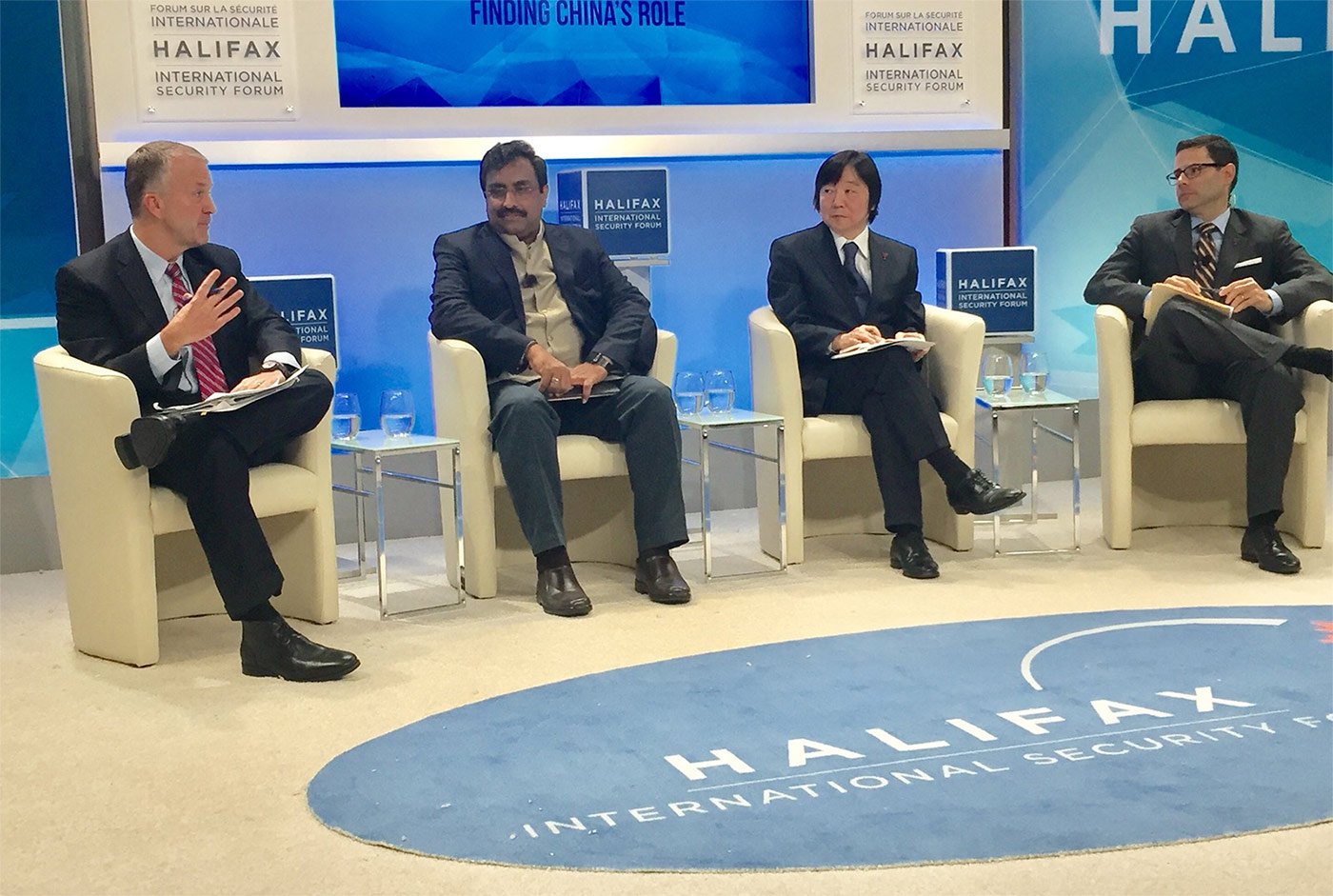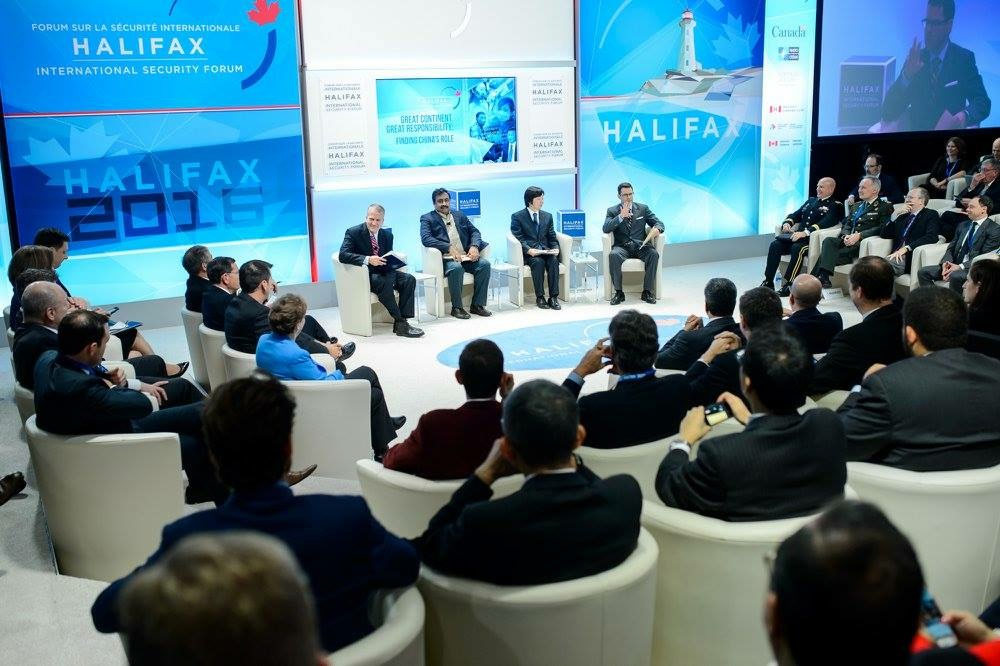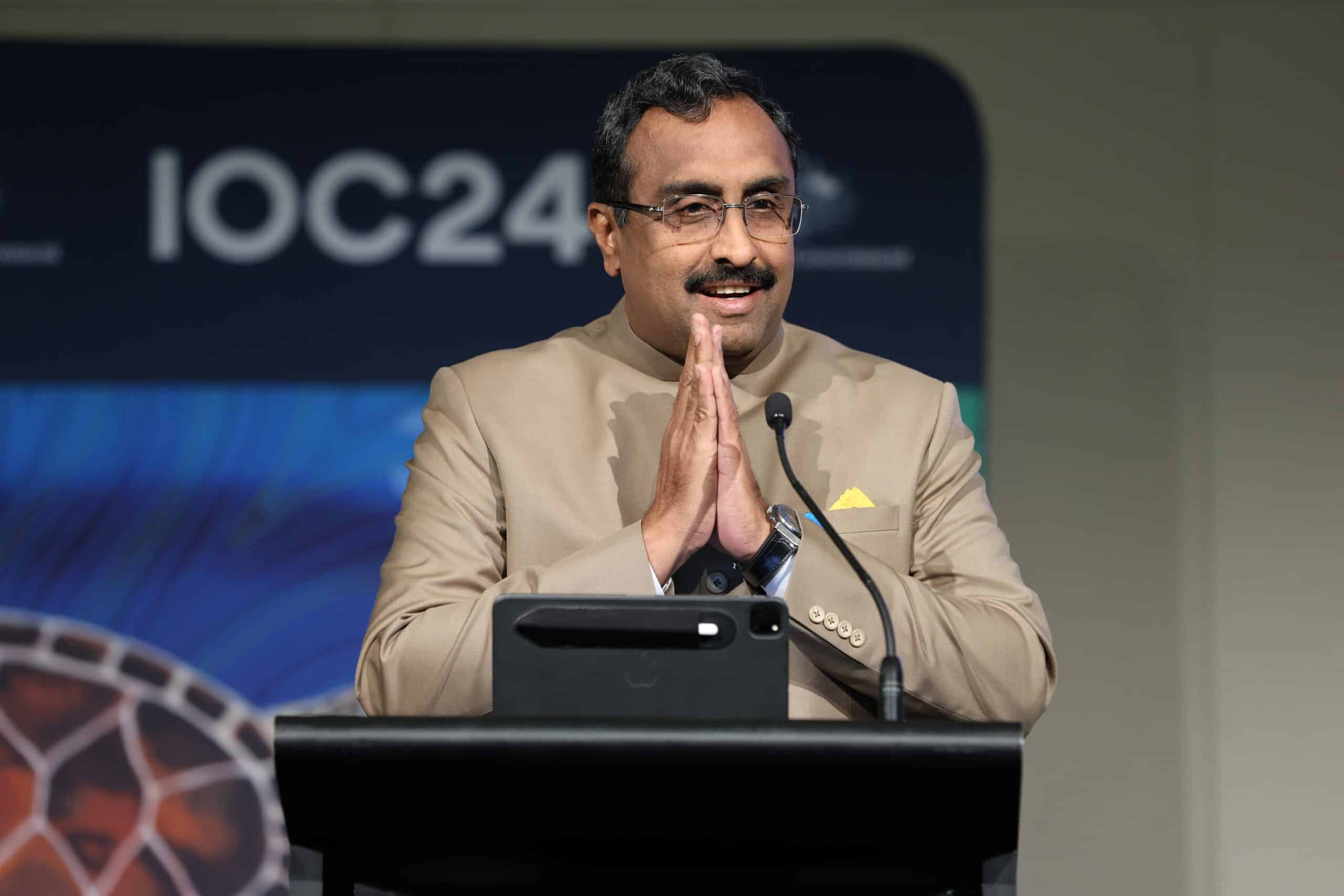
|
Getting your Trinity Audio player ready...
|
India is today an important power in Asia, which is not just a great continent but a great power continent now. Asia is home today to some of the world’s leading and fastest-growing economies. About 45 per cent of the world’s population lives here. Half of the world’s container traffic and one-third of its bulk cargo traverses the Indian Ocean. Around 40 per cent of the world’s offshore oil production comes from the Indian Ocean; nearly half of the world’s energy supplies emerges through this region.
Strategically, Asia has emerged as a nerve centre. Asia’s defence spending is now larger than Europe’s. Reports indicate that in 2014, military spending in Asia increased by five per cent, reaching around $439 billion in total, compared to Europe’s spending, which grew by 0.6 per cent, reaching around $386 billion in total.
The region, hitherto called Asia-Pacific, should now be renamed Indo-Pacific. Asia-Pacific came into vogue half a century ago when Japan rose to prominence. Today, the entire Indian Ocean region has grown into an economic juggernaut. The global power axis has shifted from the Pacific-Atlantic to this region. Half of the world’s submarines will roam the Indo-Pacific region in the next two decades — at least half the world’s advanced combat aircraft, armed with extended range missiles, supported by sophisticated information networks, will also be operated by countries here.
Longer-range precision-guided missiles, including ship-based missiles, advanced intelligence, surveillance systems, autonomous systems like unmanned combat vehicles, in operation in the sub-surface, surface and air — this will be the region’s future. An Australian study indicates: “Over the next two decades, other technological advances such as quantum computing, hypersonics, energy weapons and unmanned systems are likely to lead to the introduction of new weapons into our region. By 2035, more countries in our region will have access to ballistic missile technology… The next 20 years will see the expansion of space-based and space-enabled capabilities, including military capabilities.”
This great power brings greater responsibility on nations in the region. Countries like India face greater challenges and need to equip themselves for these. The Asia-Pacific region has been a playground of big power politics in the last few decades. The US has vast interests, assets and allies here. President Obama talked of the “Asian pivot” and “rebalancing” in the region. He took interest in forging a new regional alliance, called the Trans-Pacific Partnership (TPP).
 But the situation is changing fast. US President-elect Donald Trump doesn’t seem to share President Obama’s interest or enthusiasm in these matters. He described TPP as “catastrophic” and vowed to dismantle it. Together, 12 countries had drafted the 3,000-page TPP agreement in February 2016 at Auckland, New Zealand. But it is unlikely to see the light of day in America as the Republican-dominated US Congress has refused to ratify Obama’s brainchild. In the words of the commander of the US Pacific Command, Admiral Harry Harris, “TPP is more or less dead.”
But the situation is changing fast. US President-elect Donald Trump doesn’t seem to share President Obama’s interest or enthusiasm in these matters. He described TPP as “catastrophic” and vowed to dismantle it. Together, 12 countries had drafted the 3,000-page TPP agreement in February 2016 at Auckland, New Zealand. But it is unlikely to see the light of day in America as the Republican-dominated US Congress has refused to ratify Obama’s brainchild. In the words of the commander of the US Pacific Command, Admiral Harry Harris, “TPP is more or less dead.”
After the TPP fiasco, it is likely that the role of the US in the region is going to significantly diminish under Trump. Although Trump talked tough about China, that was largely in the context of the US economy and jobs. In fact, an international magazine reported, quoting a senior scholar in China, that the Chinese government was happy about Trump’s election because the leadership there thinks that now, “America would no longer be at their backs.”
With America’s role diminishing in the region, China will emerge as much more powerful now. It has already built several new regional alliances through projects like One Belt One Road (OBOR), Maritime Silk Road, Asian Infrastructure Investment Bank (AIIB) and Shanghai Cooperation Organisation (SCO). President Xi Jinping, who has now acquired the status of “Core Leader”, is pushing hard for another regional alliance called the Regional Comprehensive Economic Partnership (RCEP). It was originally conceived as China’s response to Obama’s TPP. TPP is dead — but RCEP is racing ahead. India is not a partner in either of the groupings thus far. But it will be forced to take a view on RCEP in view of its status and interests in the region.
Significantly, the rule-based global order is also coming under tremendous pressure in the region with countries violating established norms with impunity. Multilateral institutions seem utterly helpless while countries continue with activities detrimental to regional peace. North Korea’s nuclear programme, developments in the South China Sea and increasing cyber violations are examples of this trend.
Under the circumstances, India can no longer remain a reticent nation in regional and global politics. In the last couple of years, India has given some indications that it has arrived. It started showing more interest in the UN’s affairs. It played a crucial role at the Paris Climate Summit and became increasingly assertive about its rights in the NSG, UN Security Council, etc.
PM Modi has set the tone for this in 2014 during his first visit to the US, “India is already assuming her responsibilities in securing the Indian Ocean region. A strong India-US partnership can anchor peace, prosperity and stability from Asia to Africa and from the Indian Ocean to the Pacific. It can also help ensure security of the sea-links of commerce and freedom of navigation on seas.”
The new century now brings India face to face with these new realities. We need to face them because there is no other option.
The writer is national general secretary, BJP, and director, India Foundation. This is an edited version of his speech delivered at the Halifax International Security Forum (November 18-20, 2016), Halifax, Canada



